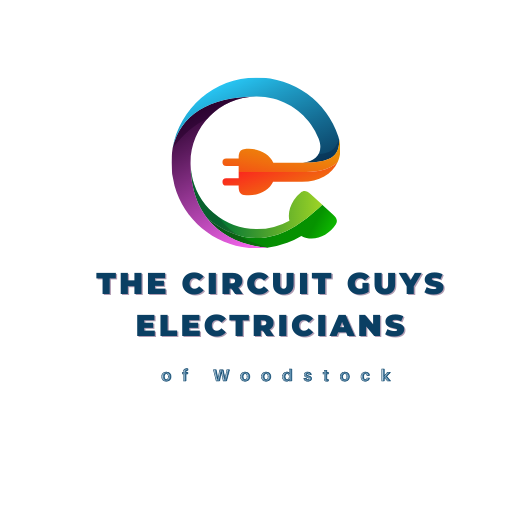As a homeowner, you might be surprised to learn that the person who installs your electrical wiring isn’t the same person who checks your meter and turns off the lights at the end of the day. In fact, there are two distinct categories of people who work on your electrical system: electricians and general contractors. An electrician is responsible for installing and maintaining your lighting, appliances, and other electrical appliances. They may also be called an electrician technician or an electrician in training. A general contractor, on the other hand, is responsible for overseeing the entire project from start to finish, including plumbing, HVAC, and other aspects of construction.The distinction between these two roles is important because the electrician you hire may or may not be a member of the International Brotherhood of Electrical Workers (IBEW). The IBEW is the largest and most influential trade union in the electrical industry, representing both union and non-union electricians across the nation. If you hire a non-member electrician, you may not be covered under the same health and safety regulations as a member of the union. As an added bonus, members of the IBEW receive training and education through the union that they can use to advance their careers and earn more money as an electrician.
Who is eligible for belonging to the IBEW?
It’s important to note that not all electricians are members of the IBEW. However, you should still be able to find an electrician who is a member of the IBEW by searching online. The IBEW website has a search feature that allows you to enter your zip code and find an IBEW electrician in your area. The website will also give you the phone number and address of the local IBEW office that covers your area.If you cannot find an IBEW electrician in your area, it’s still worth calling the IBEW office in your state and speaking to an agent. The agents at the local office are very familiar with the area and can help you find an electrician who is a member of the union.
Bottom line
Ensuring that your electrician is a member of the IBEW is an important part of hiring the right person to install your electrical system. Not only does this ensure that you receive the best service possible, but it also ensures that you are protected under the same health and safety regulations. If you are in the process of hiring an electrician and are looking for an IBEW member, you can use the information above to find the right contractor for your project.
